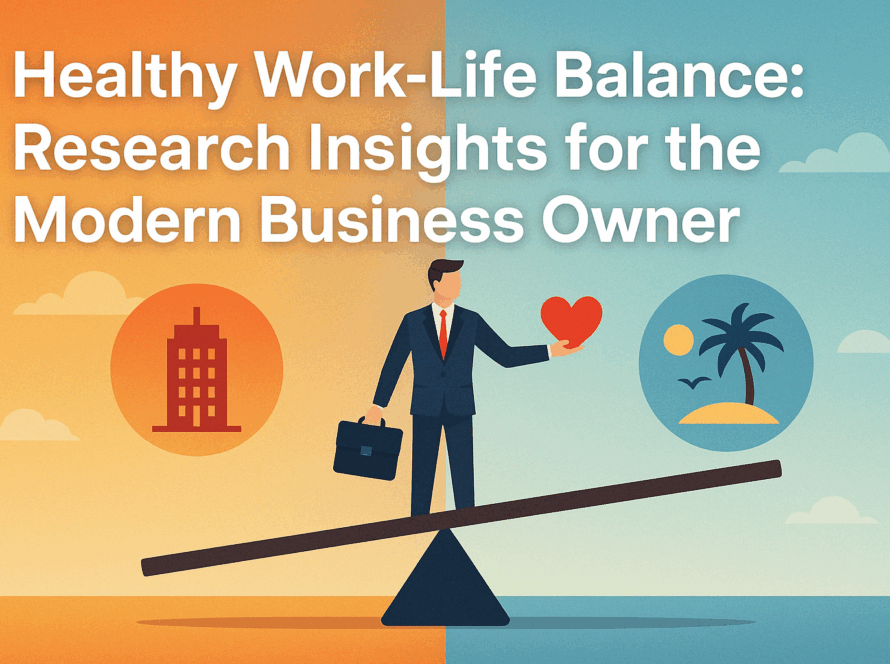
Social media has become an essential tool for business owners, providing opportunities for marketing, networking, and staying connected with industry trends. However, its constant presence also brings challenges, particularly concerning mental wellness. Research highlights that while social media offers many benefits, excessive use can lead to increased stress, anxiety, and reduced well-being. For business owners, finding a balanced approach is key to reaping social media’s advantages without sacrificing mental health.
One of the main concerns with frequent social media use is the impact on stress levels. Studies show that the pressure to maintain a polished online presence, respond promptly, and constantly engage with followers can contribute to heightened anxiety. For business owners who already manage high-stakes responsibilities, adding the demands of social media can lead to burnout. To combat this, experts recommend setting boundaries around social media usage, such as designating specific times for checking and posting, which helps prevent it from encroaching on personal time and adds structure to the day.
Limiting screen time and focusing on offline connections can also promote mental wellness. Research suggests that meaningful, in-person interactions provide a sense of connection and fulfillment that social media cannot fully replicate. For business owners, cultivating real-world relationships with clients, colleagues, and friends enhances social support and fosters a deeper sense of community. Scheduling regular meetings, attending networking events, or engaging in local activities can offer refreshing breaks from the screen and reinforce a more balanced, satisfying social life.
Another important factor in maintaining mental wellness is practicing mindful engagement with social media. Studies indicate that individuals who mindlessly scroll through feeds are more likely to experience negative emotions, while those who interact intentionally tend to have a more positive experience. Business owners can benefit by setting clear intentions for their social media use, such as focusing on valuable connections, educational content, or targeted engagement with their audience. This purposeful approach helps minimize the potential for comparison or information overload, two factors that can negatively impact mental health.
Creating a separation between personal and professional accounts can further support balance. Business owners who use separate accounts for work and personal life often report feeling less pressure, as this distinction allows them to disconnect from work when they need downtime. Personal accounts can be reserved for more authentic connections, while professional accounts can focus on brand promotion and business networking.
Finally, digital detoxes, even if brief, can refresh mental clarity and well-being. Taking a day or weekend off from social media can reduce screen fatigue, relieve stress, and provide a reset that encourages creativity and focus. Studies reveal that people who regularly unplug from social media report feeling more grounded and present in their lives, allowing them to return to work with renewed energy and perspective.
In conclusion, a balanced approach to social media is essential for business owners aiming to maintain both a strong online presence and their mental wellness. By setting boundaries, prioritizing offline connections, engaging mindfully, distinguishing personal and professional accounts, and incorporating digital breaks, business owners can harness the benefits of social media while supporting a healthy, resilient mindset. This balance ultimately promotes a more fulfilling and sustainable approach to both business and personal well-being.



